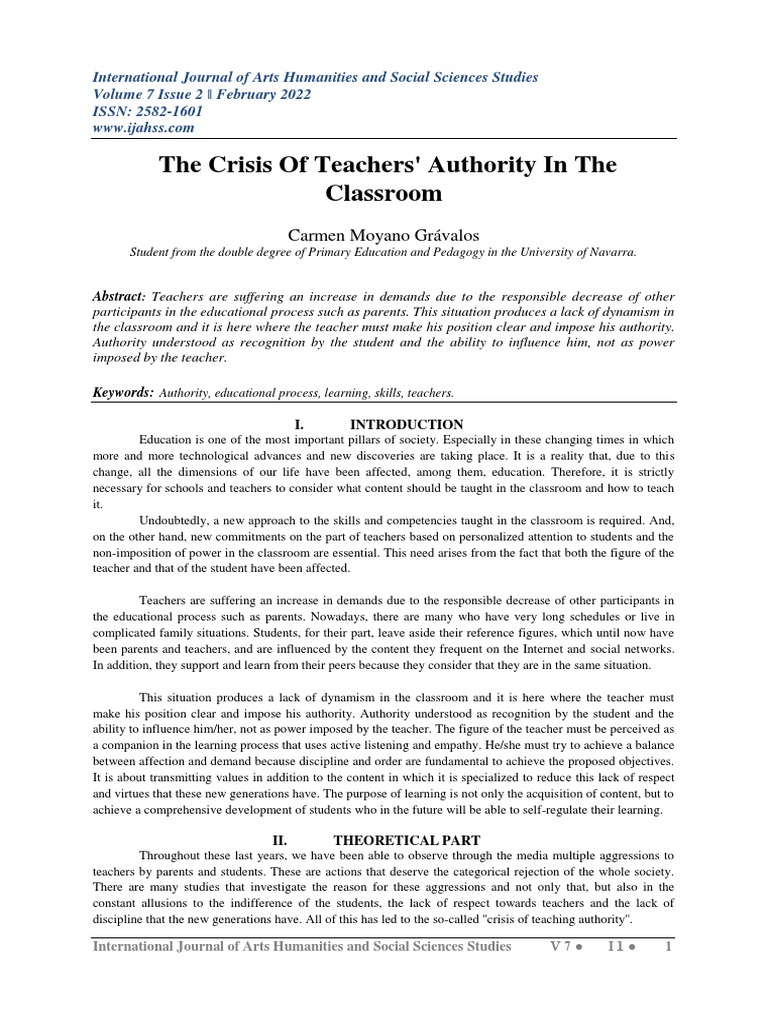Throughout history, the role of teachers has transcended the mere transfer of knowledge to embodying a profound responsibility during times of societal upheaval and crisis. In the Bahá’í faith, this distinct function is amplified, revealing the nuances of educational service underpinned by spiritual principles. In an era rife with challenges, the Bahá’í teachings illuminate the pivotal part of educators in fostering resilient communities, nurturing transformation, and facilitating collective healing.
The Foundation of Education in Bahá’í Teachings
Central to the Bahá’í teachings is the imperative of education, which is viewed as a dynamic process essential for individual and societal advancement. Bahá’u’lláh, the founder of the faith, articulated the necessity for universal education, asserting that it forms the bedrock upon which civilization is built. In this regard, teachers not only impart knowledge but act as architects of a just and harmonious society. In challenging times, their expertise and moral guidance become indispensable.
The Teacher as a Beacon of Stability
Teachers assume the role of stabilizing forces in the community during crises, embodying principles of justice, equity, and compassion. In turbulent circumstances, such as significant societal shifts or personal uncertainties, educators provide a sanctuary where learners can seek enlightenment and solace. Their presence generates a sense of continuity amid chaos, fostering an environment conducive to both intellectual and emotional well-being.
Cultivating Moral and Ethical Frameworks
In times of crisis, the need for strong moral guidance becomes paramount. Bahá’í teachings emphasize the integral role of educators in nurturing the character and ethical understanding of their students. Through their example, teachers demonstrate the importance of virtues such as integrity, kindness, and resilience. These lessons transcend the physical classroom and deeply embed themselves in the individual’s psyche, laying the groundwork for responsible global citizenship. Thus, the teacher’s influence becomes vital in instilling values that bolster societal cohesion in times of distress.
The Promotion of Critical Thinking and Problem-Solving Skills
Amidst adversity, rote learning falls short of equipping individuals with the intellectual tools necessary to navigate complex challenges. The Bahá’í perspective encourages educators to foster critical thinking and innovation among their students. By promoting inquiry-based learning and encouraging thoughtful discourse, teachers empower learners to analyze situations judiciously and develop solutions. This pedagogical approach cultivates a generation adept at dealing with multifaceted issues, thereby reinforcing community resilience in the face of crisis.
Creating a Sense of Community
The role of teachers extends beyond individual student interactions; they play a crucial part in building a cohesive community. During turbulent periods, a sense of belonging becomes increasingly important. Educators can weave together diverse narratives, instilling a collective identity that strengthens bonds among community members. This communal fabric serves not merely as a support network but as a catalyst for mobilizing collective action in response to crises, whether they be educational, social, or humanitarian.
Encouraging Lifelong Learning and Adaptability
In the Bahá’í framework, the pursuit of knowledge is an endless journey. Teachers are charged with instilling a passion for lifelong learning, imparting the understanding that adaptability is crucial in the face of rapid change and uncertainty. By nurturing a mindset geared toward continual growth, educators prepare students to confront the evolving challenges of their environment. This adaptability translates into resilience, equipping individuals to respond constructively to the vicissitudes of life, thereby fostering an enlightened society.
Fostering Global Citizenship
The Bahá’í teachings emphasize unity in diversity and the interconnectedness of all humanity. Teachers embody these principles by guiding students to transcend parochial thinking and embrace a global perspective. This broadening of horizons fosters empathy and understanding, crucial traits in a world often divided by crisis. Educators can inspire students to recognize their role as global citizens, encouraging action that contributes to peace, justice, and the well-being of all people. In doing so, they promote collaboration across cultures, ensuring that responses to crises are equitable and transformative.
The Emotional Dimension of Teaching
In addition to intellectual engagement, educators during times of crisis must also attend to the emotional landscapes of their students. The ability to empathize and to build trust is vital in this context. Teachers equipped with deep emotional intelligence can provide the support students need to navigate their feelings of fear, confusion, and anxiety. This emotional refuge cultivates a strong teacher-student bond, empowering individuals to express themselves in a safe environment where holistic development flourishes.
Teachers as Agents of Transformation
Ultimately, teachers in the Bahá’í context are seen as agents of transformation. Their role transcends the confines of the classroom, reaching into the very fabric of society. In times of crisis, they become transformative leaders who inspire change and cultivate hope. The ideals and principles they impart can fuel movements for social justice, equality, and peace. As they equip learners with the knowledge and skills necessary for the future, they simultaneously sow the seeds of a more harmonious world.
In conclusion, the distinctive role of teachers in times of crisis, as illuminated by Bahá’í teachings, encompasses a multifaceted approach. By embracing their responsibilities as moral guides, community builders, and agents of change, educators stand at the forefront of fostering resilience and transformation in their communities. The intersection of education and spirituality within the Bahá’í framework positions teachers as pivotal figures in the quest for a more unified and enlightened global society.
